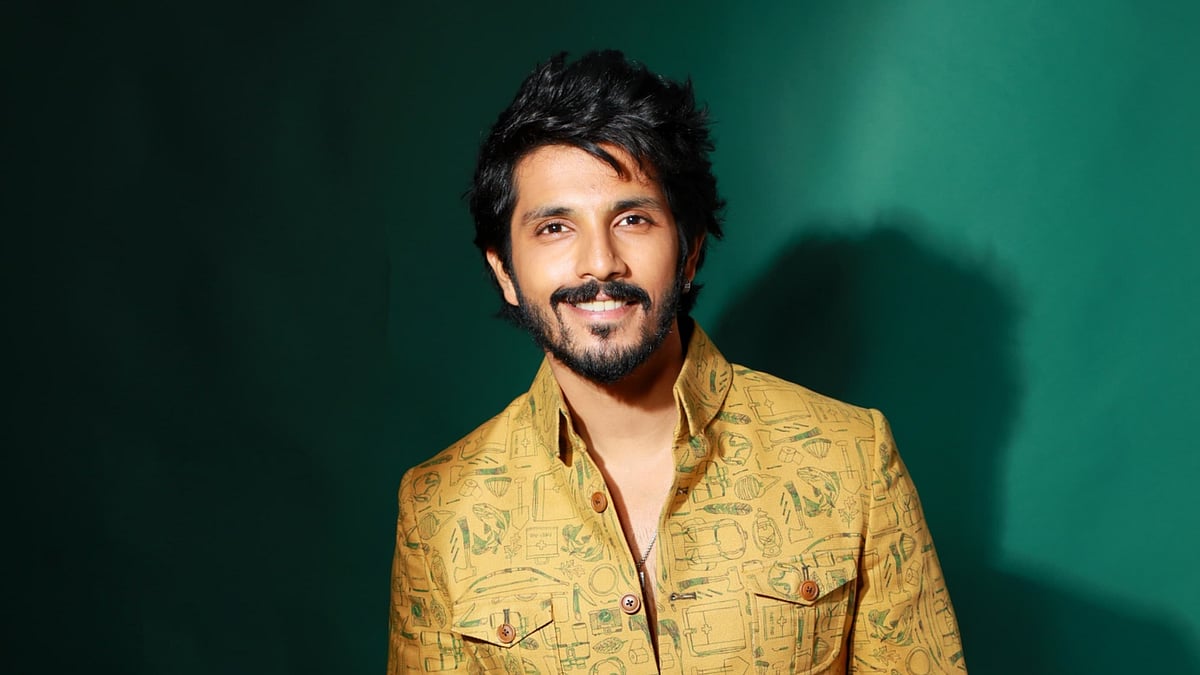Eid-e-Milad, the celebration of the birth of the Islamic Prophet Muhammad, occurs annually. Tradition holds that the Prophet was born in Mecca on the 12th day of Rabee-ul-Awwal, the third month in the Islamic calendar, to Abdullah and Bibi Amina. However, some Twelver Shia Muslims believe he was born on the 17th of Rabi’ al-awwal. This year, it starts on the evening of September 27 and ends on the evening of September 28.
The Islamic calendar, based on the crescent moon sighting, differs from the Gregorian calendar. Sunni Muslims celebrate Eid-e-Milad on the 12th day of Rabi’ al-awwal, while Shia Muslims observe it on the 17th. In 2023, it will be celebrated on September 27 in Saudi Arabia and September 28 in India, Pakistan, Bangladesh, Sri Lanka, and other parts of the subcontinent.

History And Significance
Historically, celebrating Prophet Muhammad's birthday can be traced back to the early Rashidun Caliphs and was initiated by the Fatimids. Muzaffar al-Din Gökböri, a Muslim ruler, was the first to officially celebrate it, and the Ottomans declared it an official holiday in 1588, known as 'Mevlid Kandil.'
Celebrations
Eid-e-Milad is also a day of mourning for some, as it is believed to be the death anniversary of the Prophet. It was first celebrated as an official festival in Egypt, becoming more popular in the 11th century. Other regions like Syria, Morocco, Turkey, and Spain began celebrating it in the 12th century, and eventually, some Sunni Muslim sects adopted the practice.
The celebrations have evolved over time. Initially, they involved prayers, speeches, Quranic verses, and a public feast. With Sufi influence, the festivities included animal sacrifices, torchlight processions, and banquets.

Today, Eid-e-Milad is marked by processions and home decorations. Muslims celebrate Eid-e-Milad by wearing new clothes, offering prayers, and exchanging greetings. They gather at mosques or dargahs, start their day with morning prayers, and hold processions from mosques to towns and back. Community meals are organized, donations are made to the needy, and there are night-long prayer sessions.
In countries like India, Muhammad's relics are displayed at places like the Hazratbal Shrine in Jammu and Kashmir, and religious meetings, rallies, and parades are held, particularly in cities like Hyderabad.











